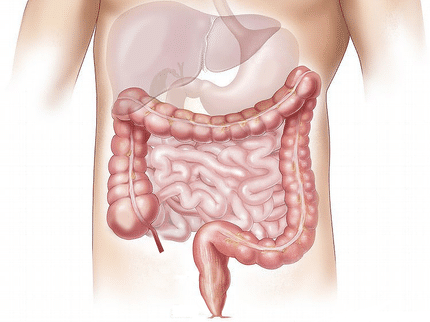Fat cells may inactivate chemotherapeutic drug
Advertisement
adipocytes, or fat cells, can absorb and metabolize the chemotherapeutic agent daunorubicin, reducing the effectiveness of the drug and potentially contributing to poorer treatment outcomes.
"Anthracyclines such as daunorubicin are important chemotherapy agents used in a variety of cancers in children and adults, including leukemia," Steven Mittelman, MD, PhD, associate professor of pediatrics and the division chief of pediatric endocrinology at UCLA Mattel Children's Hospital in Los Angeles said. "We need to better understand how some leukemia cells are able to avoid and resist this and other chemotherapies, so we can develop better strategies to improve our treatment outcomes."
Previous research has shown that obesity is associated with poorer outcomes from several kinds of cancer, including breast, colon, ovarian, and prostate cancers. Research has suggested that excess adiposity can affect the "pharmacokinetics" of chemotherapy, or the way drugs are absorbed, metabolized, and excreted from the body.
How the Study Was Conducted and Results: Mittelman and colleagues sought to examine how obesity might alter the effectiveness of daunorubicin. They cocultured human acute lymphoblastic leukemia (ALL) cell lines with adipocytes and treated them with daunorubicin. They also studied whether human adipose tissue from cancer patients could metabolize daunorubicin. They measured the presence of daunorubicin through flow cytometry and liquid chromatography/mass spectrometry, and examined fat cells in bone marrow from children with leukemia.
The study's key findings, according to Mittelman, are:
- The presence of adipocytes significantly reduced the accumulation of daunorubicin in the ALL cells.
- The adipocytes absorbed the chemotherapeutic agent, removing it from the leukemia microenvironment. The leukemia cells treated with daunorubicin survived and proliferated better in samples that contained adipocytes.
- The adipocytes metabolized daunorubicin. Enzymes in the fat cells changed the structure of the chemotherapy molecule, making it much less toxic to the leukemia cells.
"The finding that human fat cells can metabolize and inactivate a chemotherapy is novel and surprising," Mittelman said. "This is important for leukemia and a lot of other cancers that grow in the bone marrow or around fat cells, since that means that fat cells might remove chemotherapy from the environment and allow the cancer cells to survive."
Fellow author Etan Orgel, MD, MS, attending physician at Children's Hospital Los Angeles and an assistant professor of clinical pediatrics at the Keck School of Medicine at the University of Southern California, said the study's findings indicate a need for further research to determine whether adipocytes have a similar effect on other types of chemotherapy, and if a similar effect occurs in other types of cancer.
"A deeper understanding of the process could lead clinicians to deliver more effective treatment by choosing or designing chemotherapy drugs that are more resistant to the enzymes in fat cells," he said.
Original publication
Xia Sheng, Jean-Hugues Parmentier, Jonathan Tucci, Hua Pei, Omar Cortez-Toledo, Christina M. Dieli-Conwright, Matthew J. Oberley, Michael Neely, Etan Orgel, Stan G. Louie and Steven D. Mittelman; "Adipocytes Sequester and Metabolize the Chemotherapeutic Daunorubicin"; Molecular Cancer Research; 2017























































